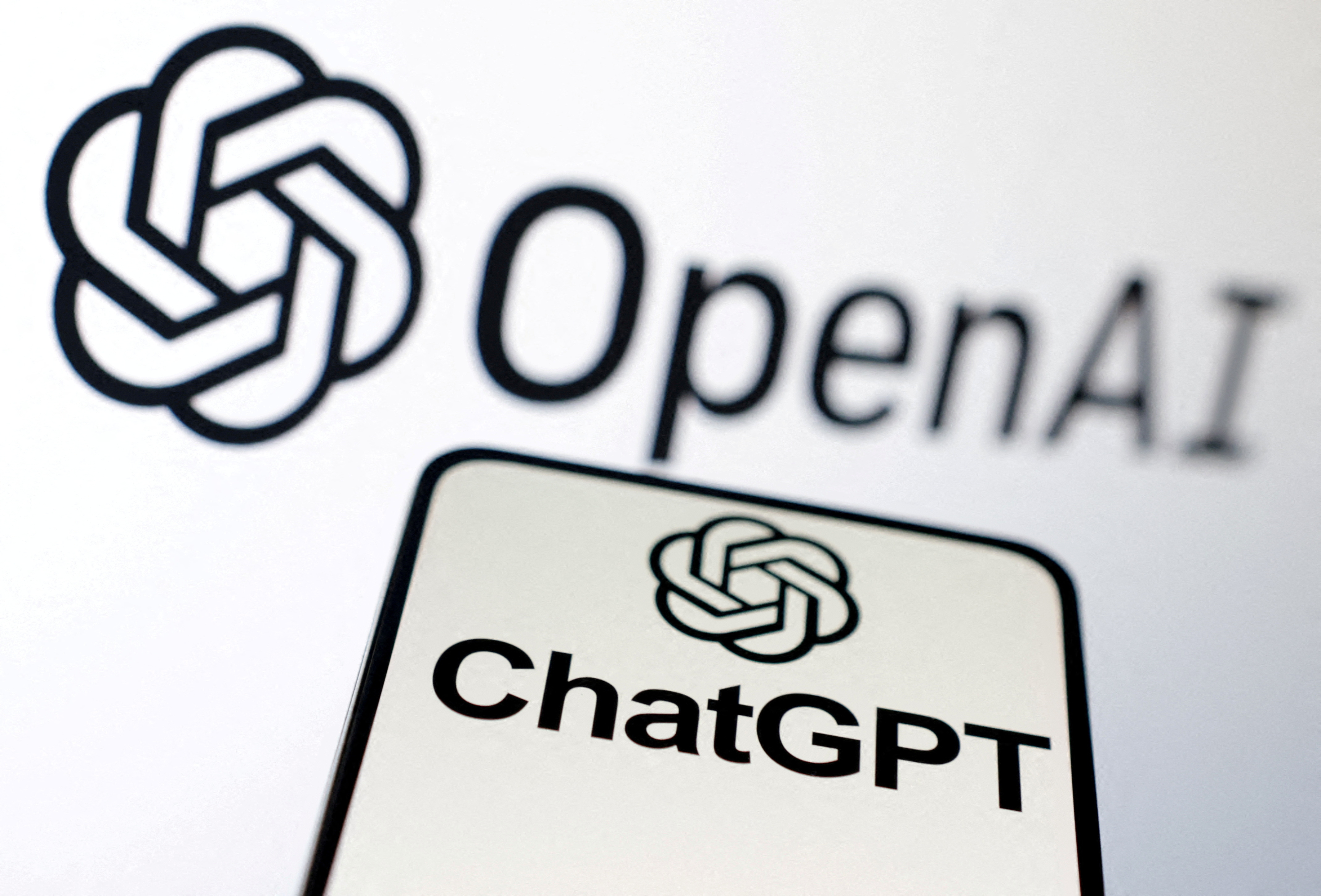ChatGPT is behaving strangely - it's probably our fault

The opacity of the AI model that powers ChatGPT makes it hard to tell what's wrong with the chatbot - but one researcher believes it's the massive amount of data taken from user interactions with the chatbot that causes it to change in unpredictable ways.
"A model like GPT4 is not a single model. It's a learning system that actually changes very quickly over time," James Zou, a professor and AI researcher at Stanford University, told Business Insider.
"A big reason the systems evolve over time is that they're constantly getting feedback data from millions of users. I think that's a big source of potential changes to the model," he added. AI models like GPT-4 are constantly tweaked and updated, and OpenAI relies on interactions with users to train ChatGPT to become more conversational and useful.
It works through a process called reinforcement learning from human feedback, where the AI model learns which responses are more favorable to users and adjusts accordingly. In recent months, users of the chatbot, which reportedly now has around 1.7 billion users, have complained that it has started behaving strangely. Some have posted on X that ChatGPT refused to complete some tasks and gave shorter responses than expected, with one developer even suggesting that the AI model was taking a well-deserved winter break.
OpenAI acknowledged the problem and has rolled out a fix, with CEO Sam Altman saying that ChatGPT should now be "much less lazy." AI experts often say that models like GPT-4 are essentially black boxes, with even their developers unable to fully explain why they make some decisions or react in certain ways. As a result, they tend to exhibit unexpected and often downright weird behavior - as some users recently discovered when they realized that ChatGPT would give longer answers if they promised to give it a $200 tip.
According to Zou, some of these quirks are likely due to human bias inherited from the vast amounts of online data the chatbot is trained on. "These large models are often trained on Internet-scale data, a huge corpus of text consisting of millions of websites and online discussions," he said. "So there are a lot of different human behaviors and human biases in the training dataset that are also reflected in the language models," he added. Zou said another reason for changes in GPT-4's behavior could be OpenAI's attempt to add additional protections to the model to prevent abuse, which he argued could inadvertently hurt ChatGPT's performance.
He pointed to experiments his team at Stanford has run on open-source AI models that showed that fine-tuning those models to make them safer also made them less willing to answer certain questions. "OpenAI has decided that their values are related to harmlessness, helpfulness and honesty, and those are the areas they prioritize," Zou said. "That can lead to some competing goals. If you make the model very innocuous, it might also make the model less creative or less useful for some of the users," he added. "I think that may also be part of the reason why we see potential deviations or changes in the behavior of the model."
Latest gadgets
-
26 Aprgadgets
-
25 Aprgadgets
Apple Watch Series 10: Thinner with new technology
-
24 Aprgadgets
AI deepfakes threaten global elections
-
23 Aprgadgets
AI moves into fighters and wins
-
23 Aprgadgets
Meta opens up VR software to other companies
-
23 Aprgadgets
Is Apple Vision Pro already forgotten?
-
23 Aprgadgets
Protect data with efficient smartphone chip
-
22 Aprgadgets
New take on the Apple Watch X design
Most read gadgets
Latest gadgets
-
26 Aprgadgets
ASUS TUF Gaming Capture Box-4K Pro
-
25 Aprgadgets
Apple Watch Series 10: Thinner with new technology
-
24 Aprgadgets
AI deepfakes threaten global elections
-
23 Aprgadgets
AI moves into fighters and wins
-
23 Aprgadgets
Meta opens up VR software to other companies
-
23 Aprgadgets
Is Apple Vision Pro already forgotten?
-
23 Aprgadgets
Protect data with efficient smartphone chip
-
22 Aprgadgets
New take on the Apple Watch X design






